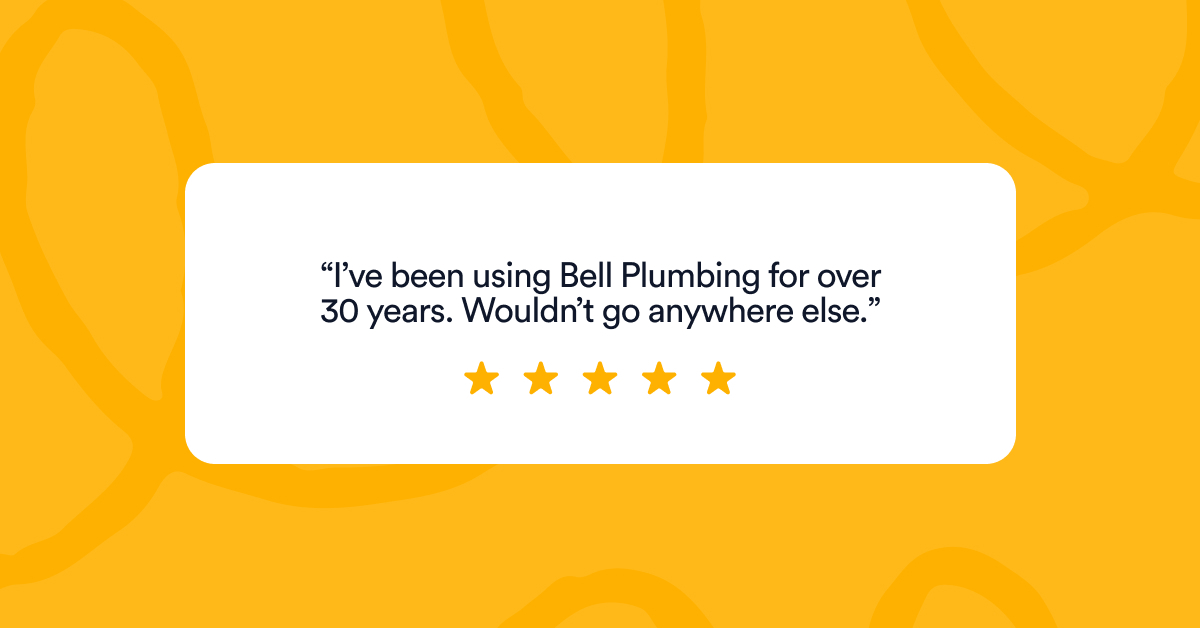In the world of customer service, perfection is an elusive goal. Even the best businesses can encounter slip-ups that leave customers feeling dissatisfied. However, these momentary missteps can become golden opportunities for service recovery and building even stronger customer relationships.
Like anything, there's an art to making an apology that truly lands. When mastered, it can have a transformative effect on the recipient and, in business, can ultimately turn a once-frustrated customer into a loyal advocate.
In this article, we'll explore the art of apologising to customers, making amends, and mastering the delicate dance of service recovery across various industries.
The power of a sincere apology
Start with heart
Apologising might seem straightforward, but it goes beyond "just words". A genuine apology will acknowledge the customer's emotions, take responsibility for the mistake, and express regret.
For instance, in the trade services sector, imagine a plumbing company that arrives late to fix a leak, causing water damage. An effective apology would go beyond saying, "Oh hey, yeah, we're sorry for the delay," and instead go a little something like, "We deeply apologise for the inconvenience. I realise you were relying on me to be on time. This isn't how we do things, and so take full responsibility for our tardiness."Of course, in that situation, you've contributed to the problem, in which case you'll likely want to...
Make amends by going the extra mile
While saying sorry is a vital part of the equation, actions always speak louder than words. Making amends is about addressing the issue and compensating for the inconvenience.
In professional services, suppose a financial consultant provides inaccurate advice that leads to financial losses for a client. A meaningful amendment might involve providing extra consultations, free of charge, to rectify the situation and rebuild trust.
Service recovery across industries
Trade services: Navigating repairs and regaining trust
In the world of trade services, whether you're a plumber, electrician or other specialist, mistakes can lead to a cascade of inconveniences.
Consider a construction company that completes a renovation with subpar workmanship, leaving the client dissatisfied. A proactive approach to service recovery would involve not only fixing the issues promptly but also providing additional perks, such as a discount on future projects or an extended warranty.
Professional services: Restoring confidence with expertise
For professional services like legal or financial consulting, errors can erode trust. Suppose a lawyer misses a critical deadline, jeopardizing a client's case. The road to recovery could involve not only addressing the immediate problem but also offering a detailed plan to rectify the situation, including potential alternative strategies to achieve the client's goals.
Hospitality: Crafting memorable experiences amidst mishaps
In the hospitality industry, guest satisfaction is paramount. Imagine a hotel mistakenly overbooking rooms, leaving a guest without accommodation upon arrival. Swift service recovery would require not only arranging alternate lodging but also providing complimentary services, such as a spa treatment or a fine dining experience, to turn the situation around and create a lasting positive memory.
6 strategies for effective service recovery
Promptness is key
Address the issue as soon as it's brought to your attention. Delayed responses can worsen customer frustration. Check out what we've learned about the best times to request feedback from customers.
Empathy matters
Put yourself in the customer's shoes. Show genuine concern for their feelings and inconvenience.
Ownership and accountability
Take responsibility for the mistake without placing blame elsewhere. Don't blame Sandra from Accounts again or the new guy. Customers appreciate honesty.
Tailor solutions
Offer solutions that match the seriousness of the issue and the customer's needs. One size does not fit all, so take a few minutes to think about what would work best. A nice bottle of wine or box of chocolates might go down a treat with some (literally), but not with others. In a lot of ways, it's about showing the person that you see them, their worries and concerns, and that you are here for them.
Compensate thoughtfully
Make amends that go beyond the immediate problem, demonstrating your commitment to customer satisfaction.
Learn and improve
While it's last on the list, this one is so important! It should probably be first on your agenda. Use the experience to identify areas for improvement in your processes. Prevent similar mistakes in the future.
In conclusion
Service recovery isn't just about fixing mistakes; it's about turning negative experiences into opportunities for growth and building customer loyalty. When you apologise sincerely, make meaningful amends, and learn from mistakes, you transform disgruntled customers into your biggest fans. It's powerful stuff!
By embracing the art of apologising and service recovery, you're not only rectifying issues but also showcasing your dedication to customer satisfaction. Remember, perfection may be unattainable, but the way you handle the imperfections can set you apart as a business that truly cares.
Mastering the art of service recovery can turn negative experiences into opportunities for growth and customer loyalty. Swift action, empathy, accountability, tailored solutions, thoughtful compensation, and learning from mistakes are key to achieving customer satisfaction and building lasting relationships.



